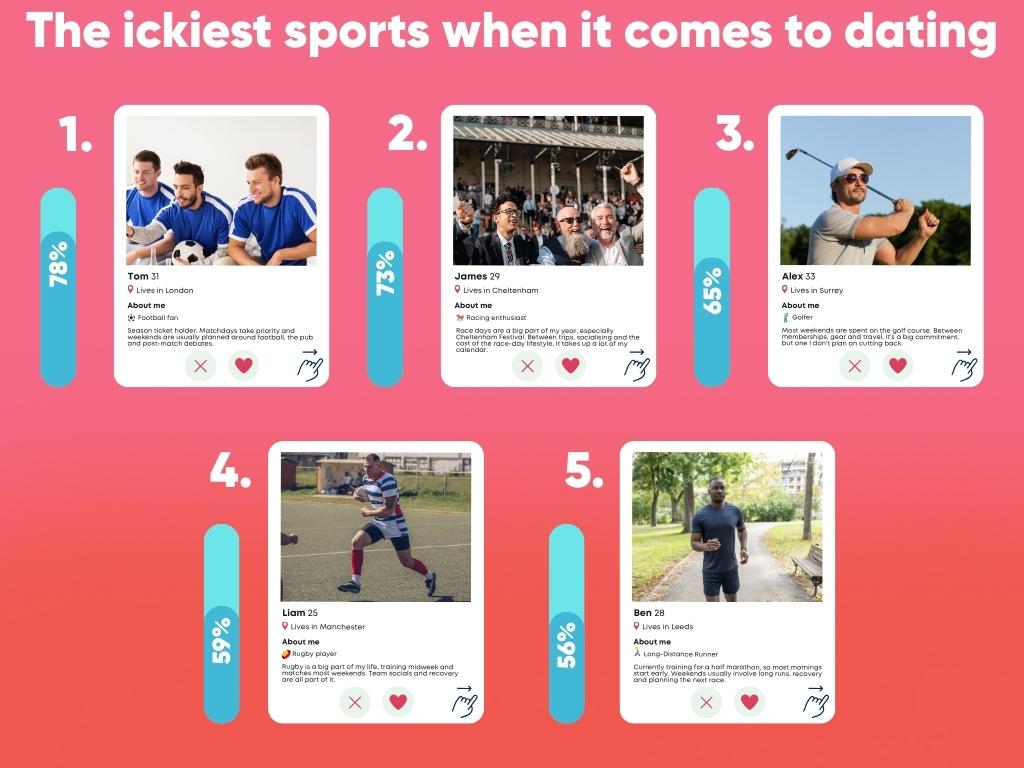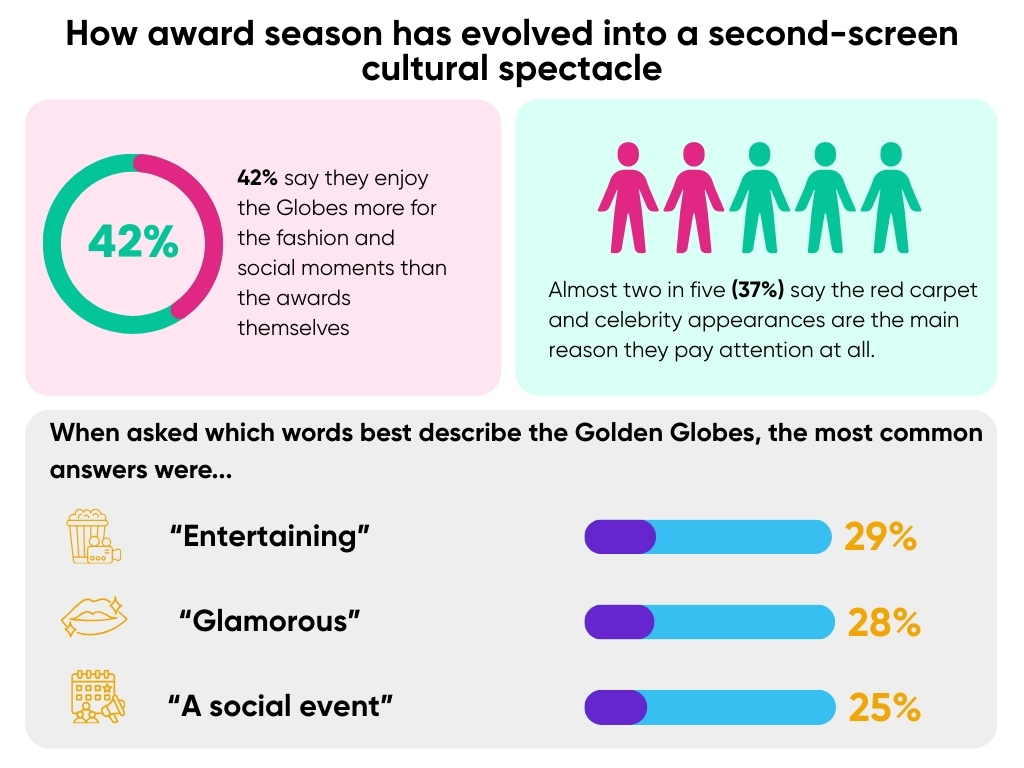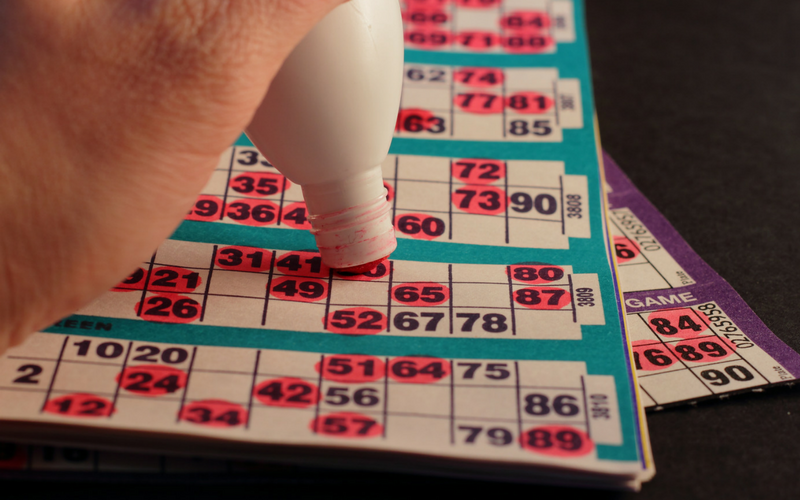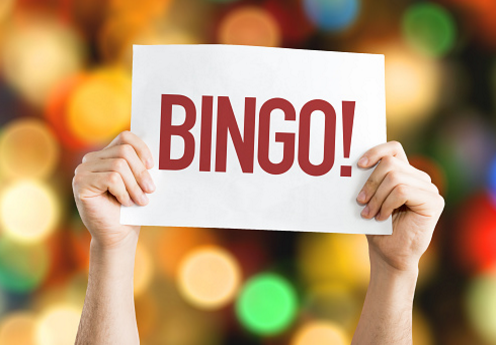The ABC of Online Safety

Online bingo rates high in the popularity stakes these days. There are so many ways to enjoy the game on a selection of devices, anytime and anywhere for the chance of small wins or a go at the jackpot. While having fun online, your privacy and security should always be your number one priority.
Cybersecurity threats may be a real and constant hazard, but this doesn’t mean you need to stop playing online. Staying safe ultimately comes down to common sense, so if you’re not sure how to play safely, start with our ABC.
A is for: Ask before You Play
Your first step to staying safe is to find out if the website is licensed. If it’s run under the auspices of the UK Gambling Commission, you are automatically protected by tough consumer protection rules. But how do you know if a site is legit? A licensed gambling business website will always display that they are licensed, and will link to the license register that has information about the types of activities that the site is allowed to offer.
It also includes a list of any regulatory action that may have been taken against the business. This might be for slow payments, incorrect withdrawal amounts, or welcome bonus offers that aren’t all they seem.
Be sure to ask the right questions before you play and always check the homepage for the licensing jurisdiction logo, valid auditing and security certificates, and any medals or awards.
If you’re tempted to skip this step, keep in mind that criminal syndicates can – and do – present themselves as authorised gambling businesses when they are really in the business of trying to swindle you out of your money, or worse still steal your identity.
Online scratchcard sites are a particular concern. Never agree to a monthly fee in exchange for a digital scratchcard, and don’t fall for promises of earning additional scratchcards for getting other people to take part. Any business that offers online scratchcards must, in the UK, either have a Gambling Commissions license or be registered with their local licensing authority.
Most trusted live sites have their own anti-fraud department, which is your first line of defense against frauds and scams.
The best online bingo operators employ teams of cybersecurity experts who keep tabs on player activity – such as a player attempting to scam other players or the site itself. This helps to stop any shady business in its tracks. Any unusual activity is flagged on the system, allowing the site’s Internet safety team to immediately investigate a user and even freeze their account if they’ve gotten hold of funds by illegal means.
B is for: Be Yourself with ID to prove it
So you’ve assessed the site and you’re sure they’re Gambling Commission licensed. You’re now ready to open an account.Then you’re asked to prove that you are who you say you are. Is this legit?
Absolutely is and here’s why.
A live site is under a legal obligation to ensure its customers are real. To do this use databases that hold information about individuals and match this with your account.
So what happens if there are people with similar names who live at the same address? So, say, John Smith and John Smith Jr both live at 2 Cherry Lane, Greenhill. In a case like this, you’ll receive a request to supply copies of legal documents – such as a driving license or household bills – that prove you are who you say you are. Trusted live sites are keen to verify your identity, not only in the interests of conducting safe, legal financial transactions online, but as a way of deterring fraudsters or money launderers, helping to ensure your continued online safety.
An online gambling site must confirm that you are old enough to legally gamble before you are allowed to make a money deposit or access any free-to-play games.
They will also need to make sure that you are not “self-excluded”, in other words you have not taken the decision to bar yourself from gambling. If you have opted to self-exclude, a site is legally required to take reasonable steps to stop you from gambling. This may include checking that the person setting up an account is not a self-excluded individual attempting to play under an assumed identity.
Lastly, a trusted live site will do all it can to prevent criminals from spending cash gained through crime, and attempting to turn these funds into what appears to be legitimate funds, money laundering.
C is for the 3-amigos of online safety: Check, be Careful and observe Computer safe practices
Check you’re playing online safely by asking these three questions
- Is my money protected? All the best online sites list the Terms & Conditions that explain how their customers’ funds are protected if the business goes bankrupt. If they don’t, move to another site that does.
- Are my details private? Check before you play that all your details will be kept confidential. Online casinos are required by law to do this. They must keep your passwords, your address, contact details and play statistics private. This not only means that they can’t share your details with other companies, it includes a responsibility to keep your information safe from cybersecurity attacks.
- Will my account have deposit and withdrawal restrictions? Trusted online sites automatically restrict the amount of money you can deposit or withdraw within a certain period of time. Although your site may adjust these amounts from time-to-time, they are put in place for your safety. So, even if hackers get their hands on your card details, they will not be able to exceed your limits or take out your funds, giving the site’s Internet safety team time to shut down the threat.
3 Safety tips for careful online gambling
Don’t be lulled into a false sense of security, even if you have asked the right questions so far. The very best of all online safety tips is to always approach an online exchange of money or information with the utmost care and never let your guard down.
- The best sites offer players the additional security of an RSA token that gives you a random code to type in along with your password every time you access your account. This makes life difficult for hackers because a new code is needed whenever you log in to your account.
- Be careful about which payment methods are on offer. All should be licensed and have cast-iron reputations, like Visa and Mastercard, or PayPal and Neteller. This way you know your money will be safe. However, be mindful of the upcoming ban on using credit cards for gambling purposes in the UK, coming into effect from April 2020. Ensure that your chosen online gambling site has other payment options that
- As an added precaution, you can regularly clear the Cashier of your winnings, so if your account were to be hacked, there’d be little or nothing for them to make off with.
Computer safe practices
Now that you’ve asked the right questions and got into the habit of being careful online, it’s time to consider local computer safety practices!
- Install or update the latest anti-virus software and make sure your firewall is turned on. This will keep you safe from most viruses, worms or Trojans, but you must keep software up to date to outfox new cybersecurity threats.
- Think before you click or send. A safety tip for all seasons – never open an email link or attachment if you don’t trust the source. The same way you wouldn’t open your front door to a stranger before asking a few questions. Make sure you’re certain where it’s come from before clicking any link. Also, never respond to requests for personal information: this could be part of what’s called a “phishing” scam. The fraudster gets you to part with personal information in order to steal your identity or access your accounts.
- Just as you’d keep your front door keys in a safe place, don’t give fraudsters the opportunity to steal your money or your identity. Keep passwords, personal details and playing activity as safe as possible. The same goes for your favourite online site. A trusted site’s log-in should be secure, including encrypting your password and storing it in a safe and secure database. Also, remember to change passwords on a regular basis and create one of at least eight characters that are difficult to crack – not “password” or “123456”. And avoid the obvious like your children’s names and your date of birth: hackers can easily get this information from other online sources like social media accounts.
When you play with Mecca Bingo, you’re in safe hands. Privacy and security are our number one priority and we protect your account with market-leading security technology. This makes us one of the safest bingo sites to play on. So why wait? Join us now.
We’re here to help you keep it fun – remember to set your deposit limit. Click here for more details on the safer gambling tools available including reality checks and the ability to take a break from your gaming.






